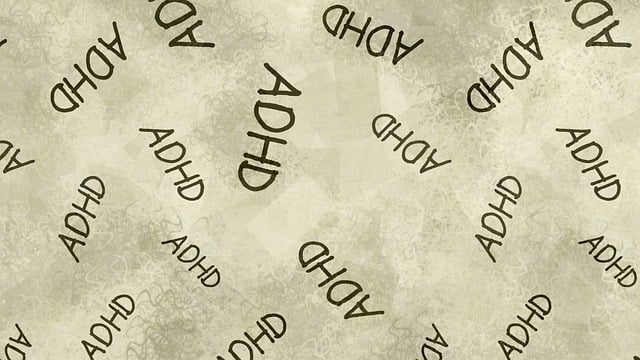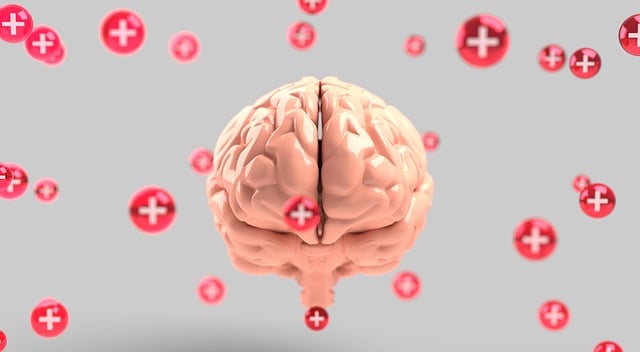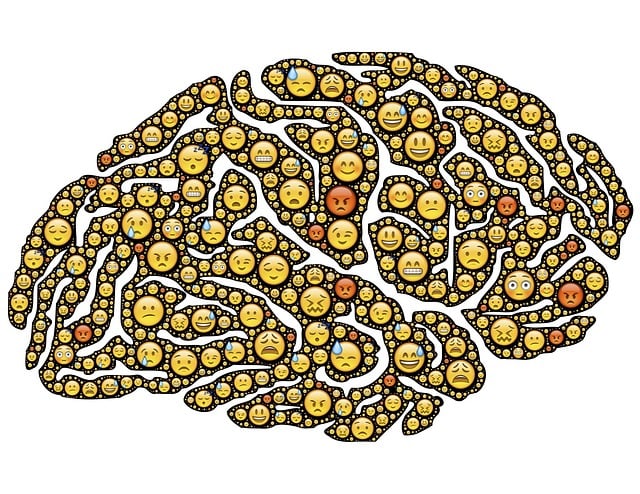Geriatric mental health crises pose unique challenges due to aging-related factors and coexisting physical health issues, with depression, anxiety, and cognitive decline being common. Effective care requires a nuanced approach tailored to seniors' needs, preventing burnout among healthcare providers, boosting their confidence, and destigmatizing mental health discussions. Crisis hotline services offering therapy for geriatrics are indispensable, providing immediate assistance, addressing isolation, and incorporating compassionate practices. Cognitive Behavioral Therapy (CBT) and mindfulness meditation techniques are successful approaches for managing conditions like depression and anxiety in the elderly. Efforts to reduce stigma are crucial for encouraging seniors to seek help through tailored therapy methods.
In addressing mental health crises among the elderly, crisis hotline support services play a pivotal role. Understanding geriatric mental health crises is essential, as these issues often manifest uniquely in older adults. This article delves into the significance of crisis hotline services in geriatric care, highlighting their round-the-clock assistance and tailored interventions. Additionally, it explores effective therapy approaches specifically designed for geriatrics, emphasizing the importance of compassionate, evidence-based treatment for this demographic.
- Understanding Geriatric Mental Health Crises
- The Role of Crisis Hotline Services in Geriatric Care
- Effective Therapy Approaches for Elderly Individuals
Understanding Geriatric Mental Health Crises

Geriatric mental health crises often present unique challenges due to the complex interplay of aging-related factors and coexisting physical health issues. As individuals age, they may experience increased vulnerability to mental health disorders, with depression, anxiety, and cognitive decline being prevalent concerns. Understanding these crises requires a nuanced approach, as geriatrics often require tailored therapy for their specific needs. The traditional one-size-fits-all treatment methods might not be effective in addressing the complex web of issues faced by older adults.
Burnout prevention strategies for healthcare providers are crucial in this context, ensuring that those supporting geriatric patients remain resilient and equipped to offer quality care. Public awareness campaigns development can play a significant role in destigmatizing mental health discussions among the elderly, encouraging them to seek help without fear of judgment. Moreover, confidence-boosting initiatives tailored for seniors can empower them to navigate their emotional challenges, promoting overall well-being alongside therapy for geriatrics.
The Role of Crisis Hotline Services in Geriatric Care

Crisis hotline services play a vital role in geriatric care, providing essential support for seniors facing mental health challenges. As the population ages, addressing the unique needs of older adults with mental health issues has become increasingly crucial. Geriatrics often face complex psychological and social problems, including isolation, depression, anxiety, and cognitive decline. These hotlines offer a safe and non-judgmental space for individuals to express their concerns, seek guidance, and access immediate assistance.
The services cater to a wide range of issues, from managing age-related traumas and providing emotional support to offering practical advice on coping with chronic illnesses and medication management. Through trained professionals, hotlines facilitate therapy for geriatrics, incorporating compassion cultivation practices to enhance well-being. By quickly connecting individuals to the right resources, these initiatives can prevent or mitigate severe episodes, fostering a better quality of life for seniors and reducing the burden on other healthcare systems.
Effective Therapy Approaches for Elderly Individuals

Effective therapy approaches for elderly individuals must consider the unique challenges and needs of this demographic. Many older adults may face cognitive changes, physical limitations, and social isolation, which can impact their mental health. One successful approach is Cognitive Behavioral Therapy (CBT), which helps identify and change negative thought patterns and behaviors. CBT is particularly beneficial in managing conditions like depression and anxiety, common among the geriatric population.
Additionally, incorporating mindfulness meditation techniques has shown promise in improving emotional regulation and reducing symptoms of stress and depression. These practices encourage present-moment awareness and non-judgmental acceptance, fostering a sense of calm. Mental illness stigma reduction efforts are also crucial, as elderly individuals may be reluctant to seek help due to societal perceptions. By using tailored therapy methods and addressing specific challenges, mental health crisis hotline support services can effectively assist the geriatric population in navigating their emotional journeys.
In addressing geriatric mental health crises, crisis hotline services play a pivotal role in providing immediate support and guidance. Understanding the unique challenges faced by elderly individuals is essential, and effective therapy approaches tailored to their needs—including therapy for geriatrics—prove indispensable. By leveraging these resources, we can ensure better care and improved outcomes for seniors navigating mental health issues, ultimately fostering a more compassionate and supportive environment.









